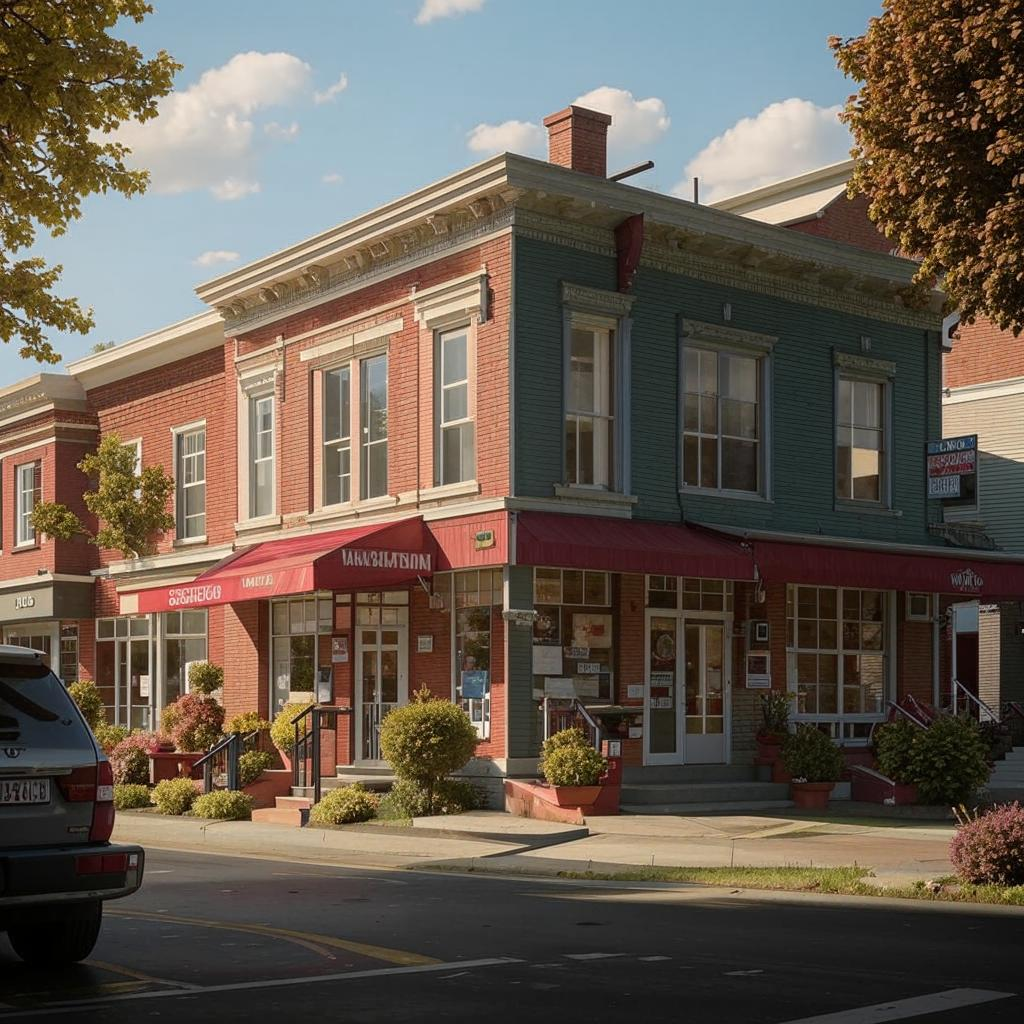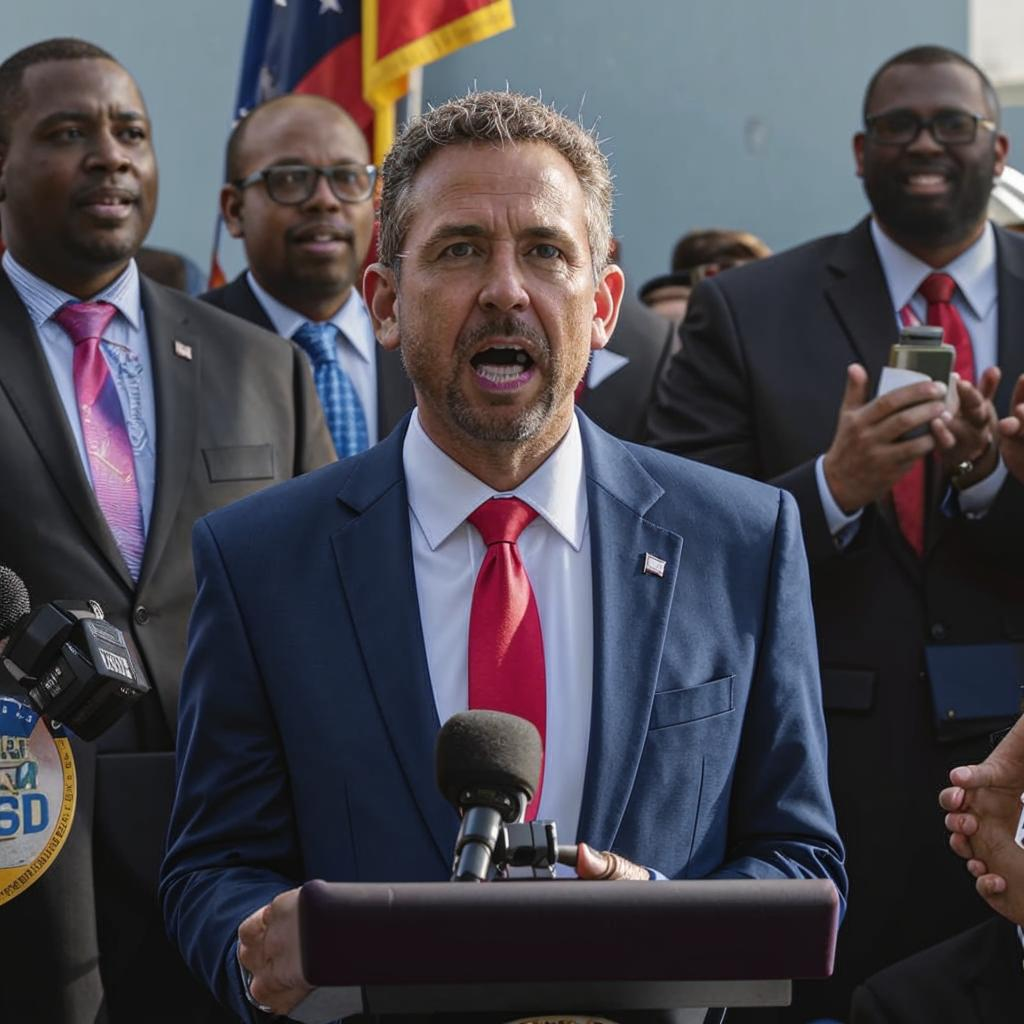The shift to remote work, accelerated by the pandemic, is profoundly reshaping US communities. While offering flexibility and reduced commutes, it presents complex challenges. Local economies that once thrived on office worker spending are now struggling, particularly in downtown areas. Conversely, suburban and rural residential real estate is booming as people seek more space and affordable housing outside major cities. This migration impacts property taxes, local services, and community identity.
The future remains uncertain. Some companies champion a return to the office, citing the importance of in-person collaboration and maintaining company culture. Others embrace remote work as a permanent feature, recognizing its potential for cost savings and improved employee satisfaction. This divergence creates challenges for employers and employees, who must navigate evolving work arrangements and expectations.
The transformation also raises critical questions about urban planning, social interaction, and community development. Cities face the challenge of revitalizing downtown areas and adapting to changing demographics. Communities must find ways to foster social connections and maintain a sense of belonging in an increasingly distributed world. The long-term consequences of remote work will continue to unfold, requiring careful consideration and proactive strategies to ensure a sustainable and equitable future for all. Finishtit















